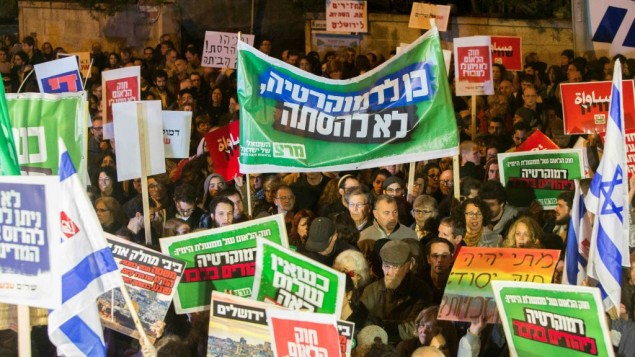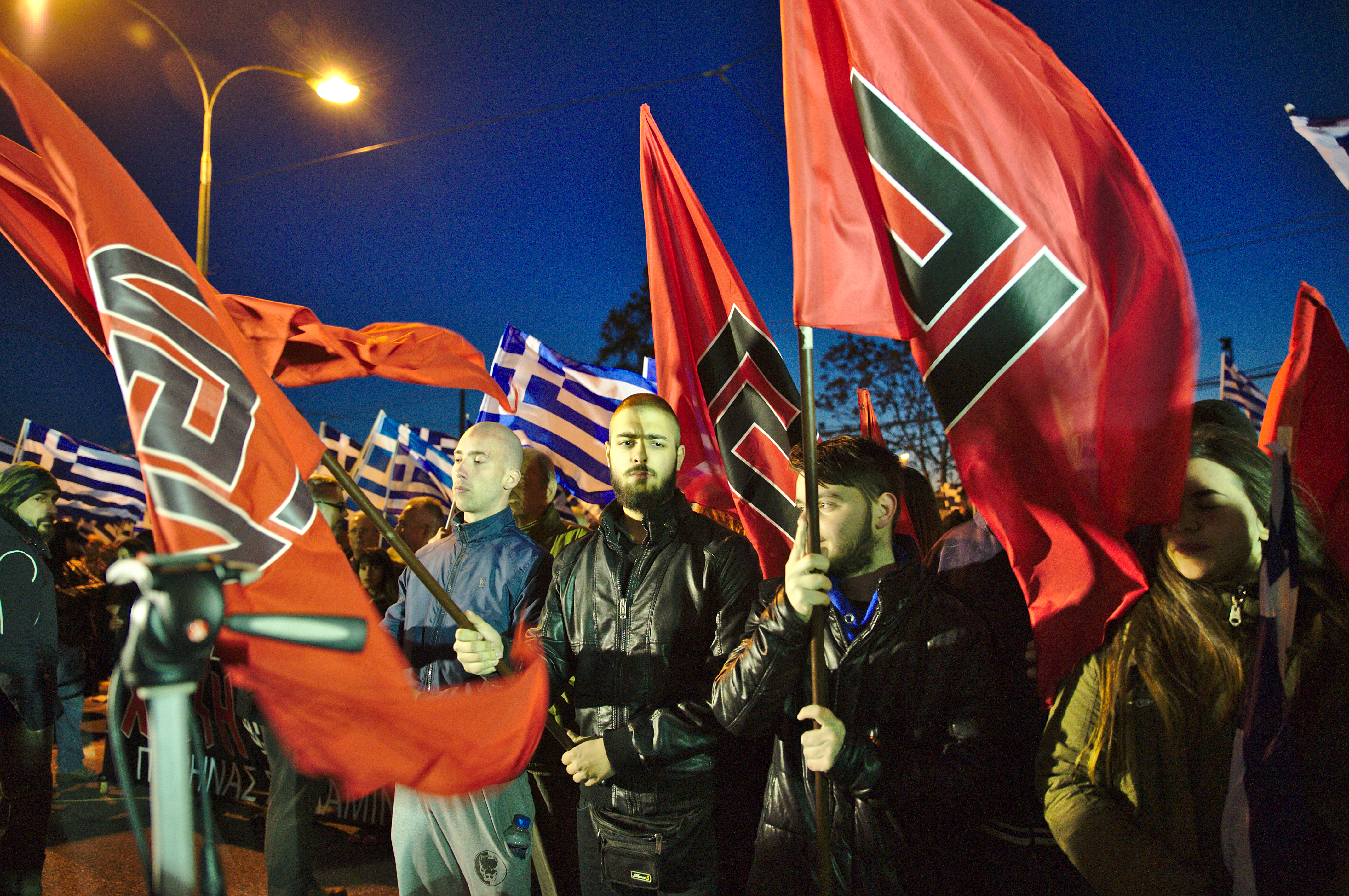
The Israeli parliament voted unanimously last Monday to dissolve the current coalition government, setting early elections for Israel’s 20th Knesset for March 17, 2015. The demise of Israeli Prime Minister Benjamin Netanyahu’s third government is not unusual. Only one government, in fact, (Netanyahu’s second, from 2009 to 2013) has managed to serve most of its full four-year term since 1996.
Israel’s feuding coalition government, which comprised parties with different, sometimes opposing priorities, collapsed on December 2. In a decisive move following days of political wrangling, Prime Minister Netanyahu fired his centrist finance minister Yair Lapid and justice minister Tzipi Livni, setting the stage for the dissolution of parliament. Accusing the ministers of working against him, Netanyahu stated that he would “no longer tolerate opposition from within the government.”
At the core of the current coalition crisis is the proposed controversial “nation-state bill,” feared to emphasize Israel’s Jewish character above its democratic nature, a move that critics believe could undermine the fragile relationship with the country’s Arab minority at a time of heightened tensions. Many believe that the bill’s introduction by members of Netanyahu’s government was a political ploy, designed to drive a wedge within the once governing coalition ahead of the Likud primaries.
Defending the legislation from those who question its necessity 66 years after the founding of the state, Netanyahu pointed to those who have “challenged Israel’s character as the national state of the Jewish people.” Israelis from across the political spectrum have denounced the proposal as superfluous, redundant and dangerous. Speaking of the bill, former President Shimon Peres called the debate “an unnecessary religious argument,” and expressed his fear that the political addendum would undermine Israel’s Declaration of Independence and erode the country’s democratic principles.
The precarious legislation comes at a time of soaring tensions between Arabs and Jews, which have claimed the lives of many Israelis in the past five months.




